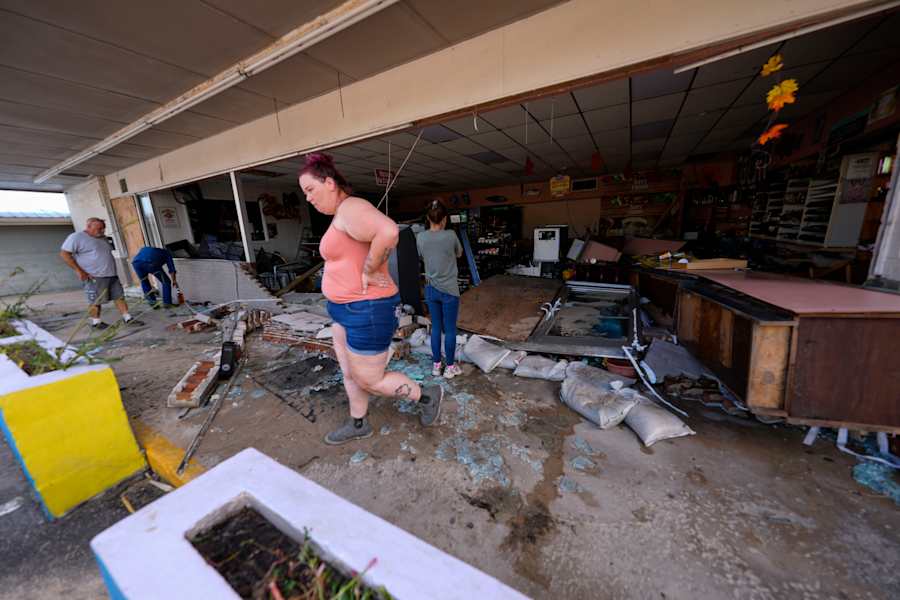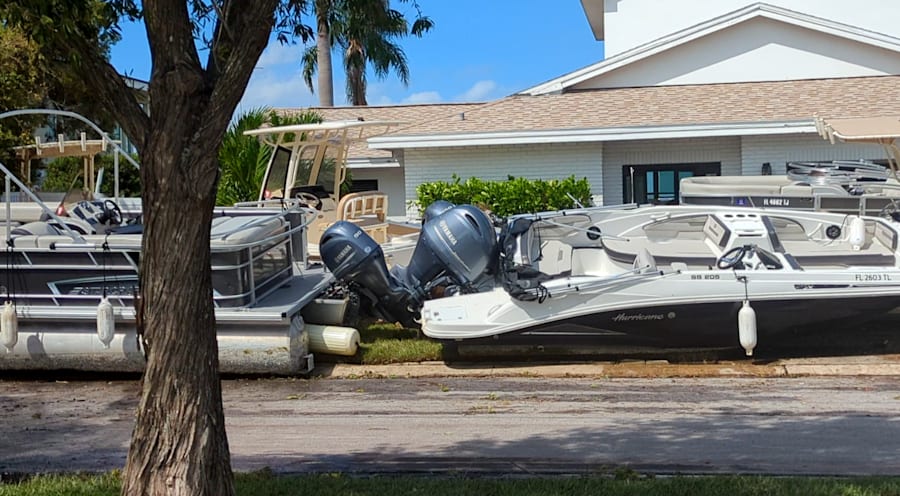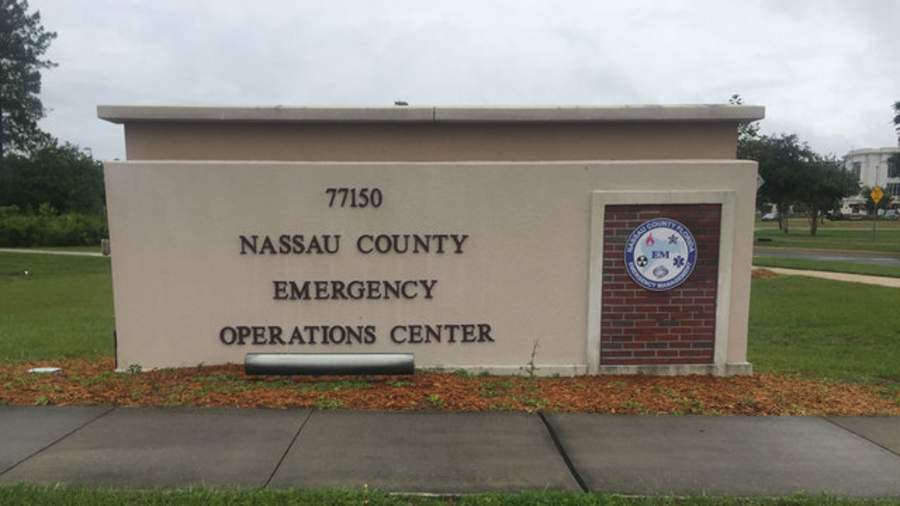Jacksonville, Fl – Each time I return home to see the scars left behind from Hurricane Helene in Treasure Island. Months later, I see slow improvements. Salt-washed storefronts that were shuttered for months are open but others may never return. A few of the area’s long-standing hotels are still dark behind plywood or wrapped in scaffolding.
It’s been eight months since the Hurricane drowned local business and it is remarkable to see which ones got back to business quicker than others.

I was reminded of the private sector’s struggles recently while listening to the Amelia Island Plantation contingency planner speak to a crowd at Nassau County Emergency Operation Center. Mr. Gregory Foster framed things from a business standpoint — that can help other merchants plan ahead before the hurricane hits.
Here’s what stuck with me — and what every Florida business should be taking seriously heading into the next hurricane season.
1. Logistics Are Everything

When Helene’s flooding cut off beach access, shut down power, and wrecked refrigeration, it wasn’t the rain that broke businesses — it was the lack of a backup plan. Hotels with no working HVAC. Restaurants with spoiled walk-ins.
What I saw there aligns perfectly with what Mr. Foster drove home: if you don’t have generators, supply chains, and staffing plans ready before the storm, your chances of bouncing back quickly are slim.
2. Insurance Won’t Always Save You
Don’t assume insurance covers you. Check if a policy requires a mandatory evacuation to trigger payouts. If a storm hits under a voluntary evacuation some policies may leave you with no assistance. Understand the fine print. And review it now, not when you’re waist-deep in floodwater.
3. People Can’t Work If They Can’t Live Here

Another brutal truth: when housing is destroyed or paychecks stop, your employees disappear. In Hurricane Irma in Big Pine Key — entire workforces vanished. Hotel and hospitality workers were displaced. Some never came back.
Recovery isn’t just about patching drywall; it’s about making sure the people who power your business can survive, return, and work again.
4. Know Your Emergency Management Office — Before the Crisis

The businesses that return quickest are ones with strong ties to local emergency managers. Those relationships gave them a head start on resources, information, and response coordination.
5. Recovery Is Mental, Too
Starting over after the storm — financially, emotionally, physically — is heavier than most people realize. I had my own health setbacks just trying to bring one house back to life. If I’d been responsible for a business on top of that, I don’t know how I would’ve managed. That experience showed me something: business owners have to think beyond just storm prep — they need a recovery plan for the long haul. Not just for operations, but for their sanity and their team’s well-being. Without that, the road back gets a lot longer.





